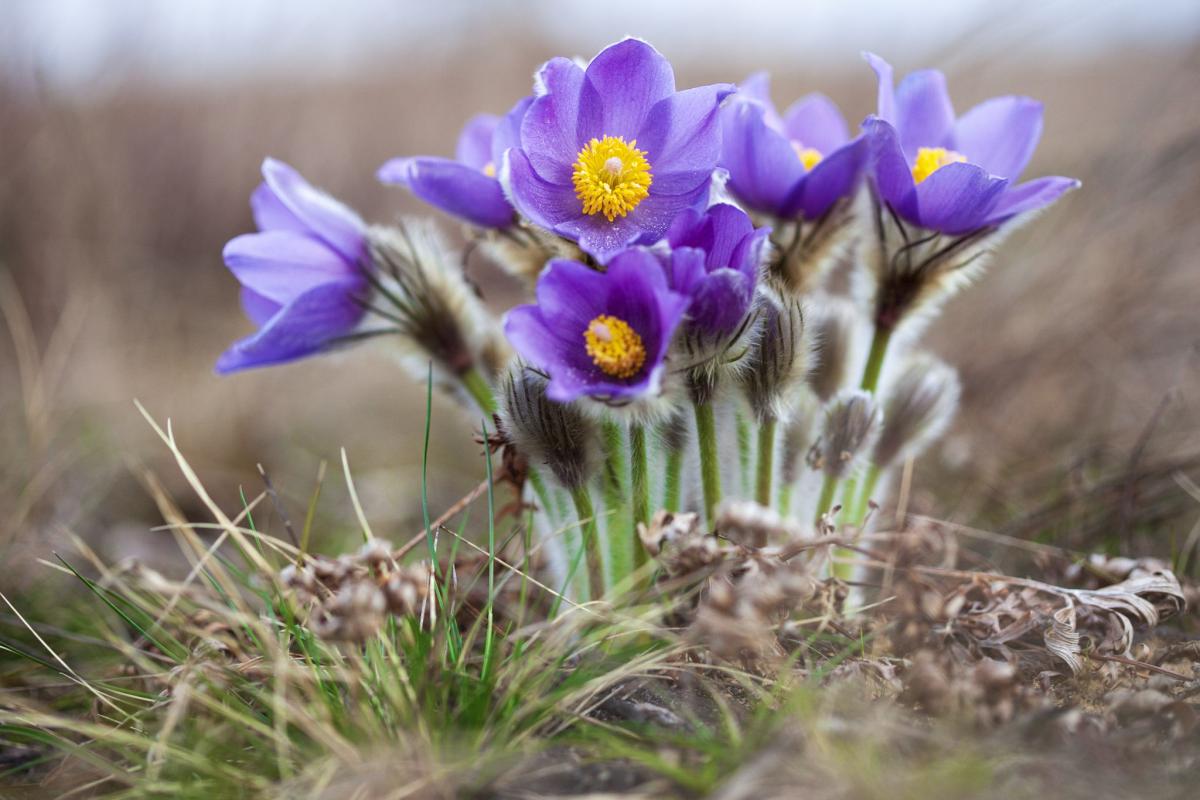Since its inception in 2018, the EUR 17 million initiative in Lithuania aimed to challenge the misconception that protecting natural values necessitates the cessation or restriction of human economic endeavors.
The focus has often been on immediate financial gains, overshadowing the myriad benefits that forests offer, as noted by an expert collaborating with PAF-NATURALIT on ancient oak forest conservation. Looking ahead, the long-term financial rewards may surpass the profits from immediate timber sales.
In contrast, a different issue arose in Lithuania: an overabundance of trees. In Dzūkija National Park, efforts are underway to reclaim 13 hectares of valuable continental dunes and open sandy areas. The restoration has already enticed back rare insects, plants, birds, and fish, drawing more visitors to the area than ever before.
Lithuania boasts 54 diverse natural habitats and 106 EU-designated species, with over 40 requiring stringent protection. Despite the economic benefits, protected areas are often perceived as impediments to economic progress. PAF-NATURALIT exemplifies how reviving forests, sand dunes, wetlands, soil, and wildlife can be mutually beneficial for nature and Lithuania’s economy.
A recent study showcased that the economic advantages of protected areas in Lithuania far exceed the direct expenses. For instance, the annual value of mushrooms and berries harvested in protected forests surpasses EUR 7.6 million. Additionally, visitors to these areas contribute around EUR 30 million.
The socio-economic benefits of Lithuania’s Natura 2000 network amount to a remarkable EUR 194 million annually, significantly outweighing the support costs of just EUR 10 million. Birutė Valatkienė, the project leader, emphasized the importance of incorporating financially driven arguments in future policy discussions.
Despite Lithuania’s 624 designated Natura 2000 sites covering 12% of its land and 21% of its marine territory, the country falls short of the EU’s 30% protected area target by 2030.
Aligned with the initiative launched in 2022, now in its second phase, the project aims to “Inspire individuals to champion our planet.” PAF-NATURALIT seeks to engage more citizens in environmental efforts. In 2023, over a thousand volunteers participated in activities at the Curonian Spit National Park alone. This year, the initiative introduced a platform where individuals can discover volunteering opportunities near their residences, offering flexibility in timing and location.
Birutė Valatkienė mentioned, ‘Although volunteering and nature may not seem like an obvious pairing, by engaging in conservation efforts in protected areas, individuals not only help preserve our distinctive landscapes but also experience a range of unique activities.’
With PAF-NATURALIT scheduled to continue until the end of 2027, there remains substantial work ahead, acknowledging the challenges. Professor Brazaitis highlighted, ‘Preserving or restoring habitats or species ranges, such as marshes or dunes, is crucial. However, are isolated cases adequate to ensure the survival of vulnerable species and the sustainability of endangered ecosystems?’
